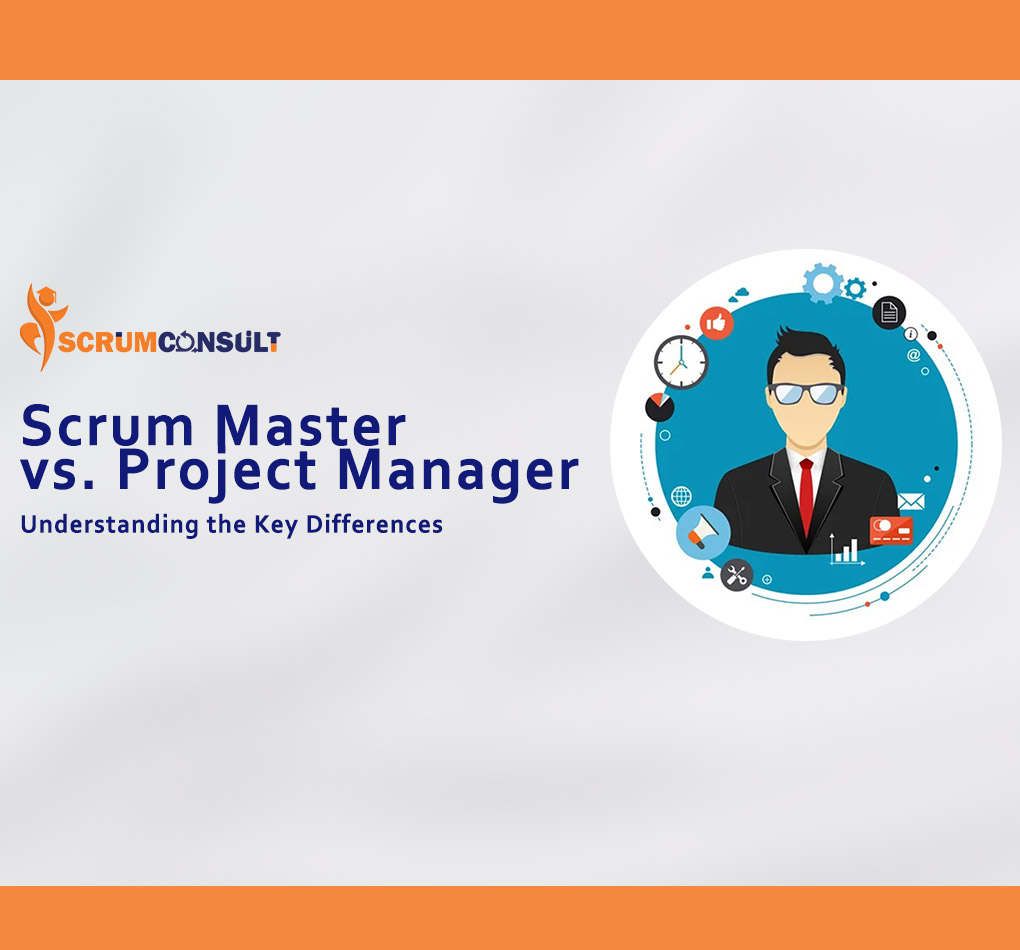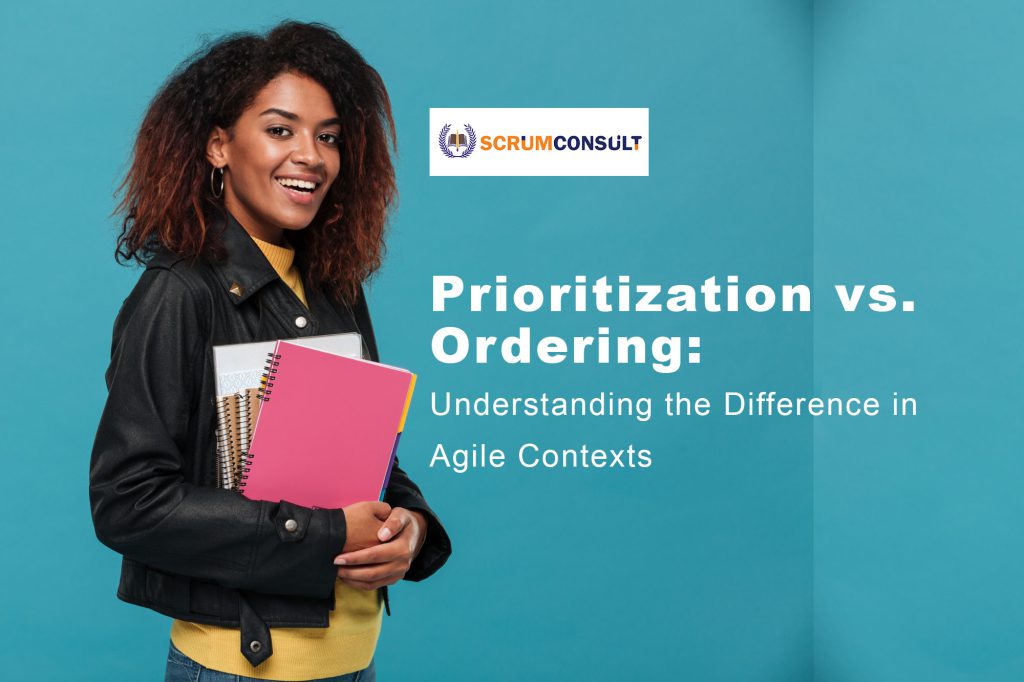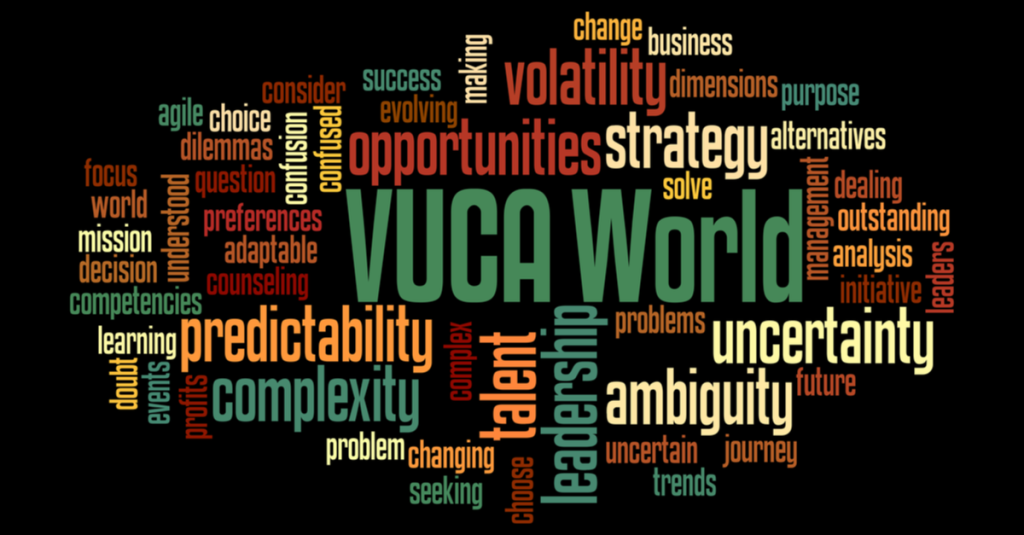Scrum Master vs. Project Manager: Understanding the Key Differences
Project Management in Agile: While Agile methods like Scrum do have elements of project management (e.g., tracking progress and managing priorities), Scrum shifts the focus from control and direction to a more collaborative, team-centered approach. The Scrum Master does not manage the project; instead, they facilitate the team’s ability to work effectively within the Scrum framework.









